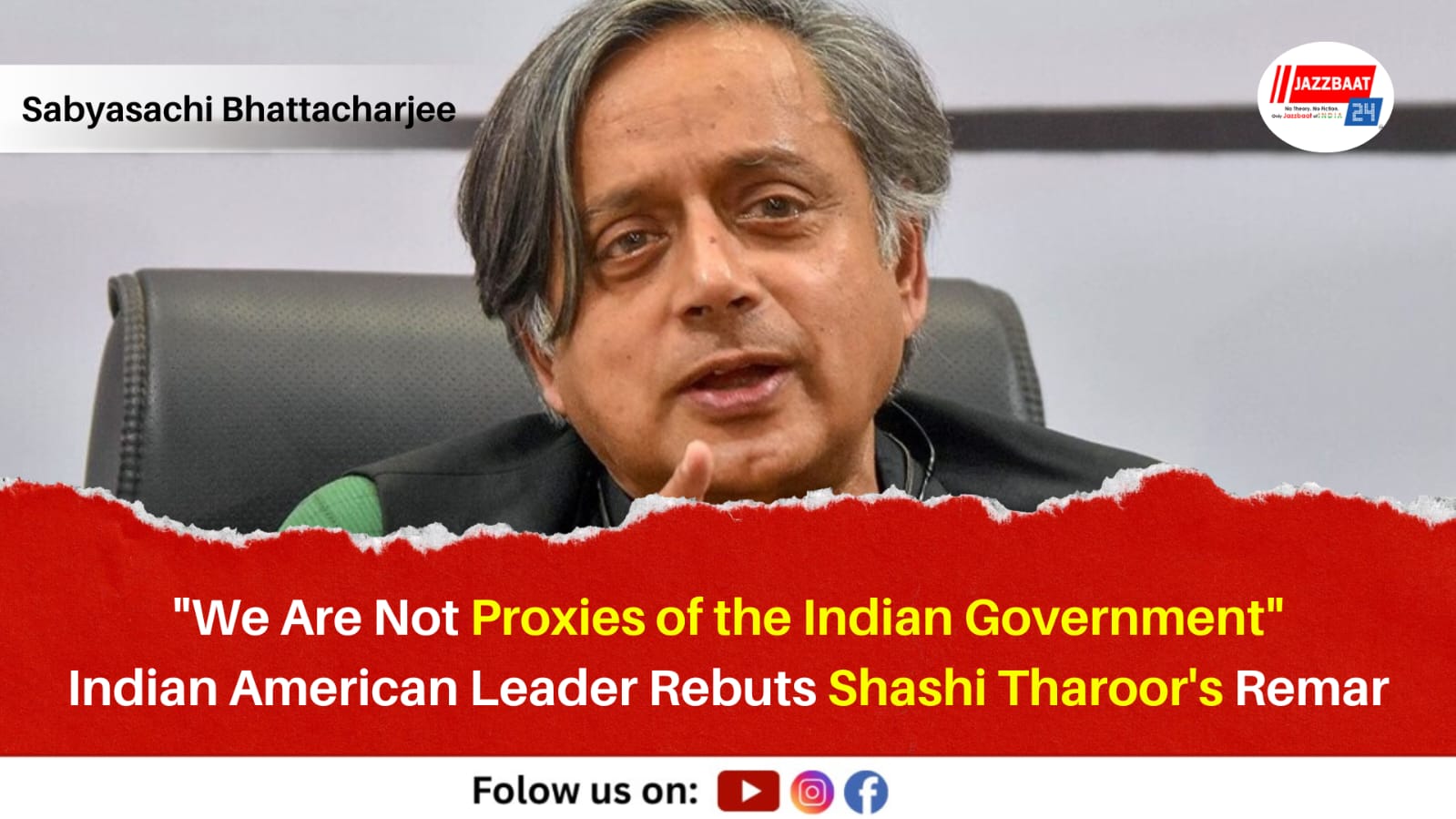Congress leader Shashi Tharoor’s recent comment about the Indian diaspora in the United States has sparked debate across communities. Tharoor had suggested that Indian-origin Americans show “a lack of interest and engagement” in India’s politics and bilateral relations.
In response, Suhag A. Shukla, Executive Director of the Hindu American Foundation (HAF), issued a strong rebuttal, calling Tharoor’s statement “oversimplified and prejudiced.” She argued that Indian-Americans are not just emotionally connected to India but are also responsible U.S. citizens who contribute to American society, and therefore should not be seen as representatives or proxies of the Indian government.
Shukla firmly stated, “We are not proxies of the Government of India. We are American citizens, fully engaged with this country’s constitution, community, and responsibilities.”
She added that Indian politicians often fail to understand the social and civic realities of the diaspora and instead burden them with misplaced political expectations.
Citing examples, Shukla mentioned several recent developments in the U.S. including California’s SB509 bill and the proposed “Transnational Repression Bill” which have raised concerns among Indian-origin communities about being unfairly surveilled or profiled. She warned that comments like Tharoor’s could unintentionally reinforce suspicion that Indian-Americans are somehow “less American” because of their heritage.
According to Shukla, it is important for Indian political leaders to recognize that the diaspora is a distinct community, deeply rooted in Indian culture and values yet firmly independent in its political and civic identity. “We take pride in India’s history and traditions,” she said, “but we are also Americans who participate in this democracy as equal citizens.”
Analysts note that the controversy has reignited long-standing questions of identity and allegiance among the Indian diaspora balancing emotional ties to India with the practical responsibilities of life in the United States.
Shukla’s statement was not merely a criticism of Tharoor but a broader assertion of diasporic self-definition. As she concluded, “Our relationship with India is one of love, not loyalty. We are proud, independent, and conscious citizens in our own right.”

